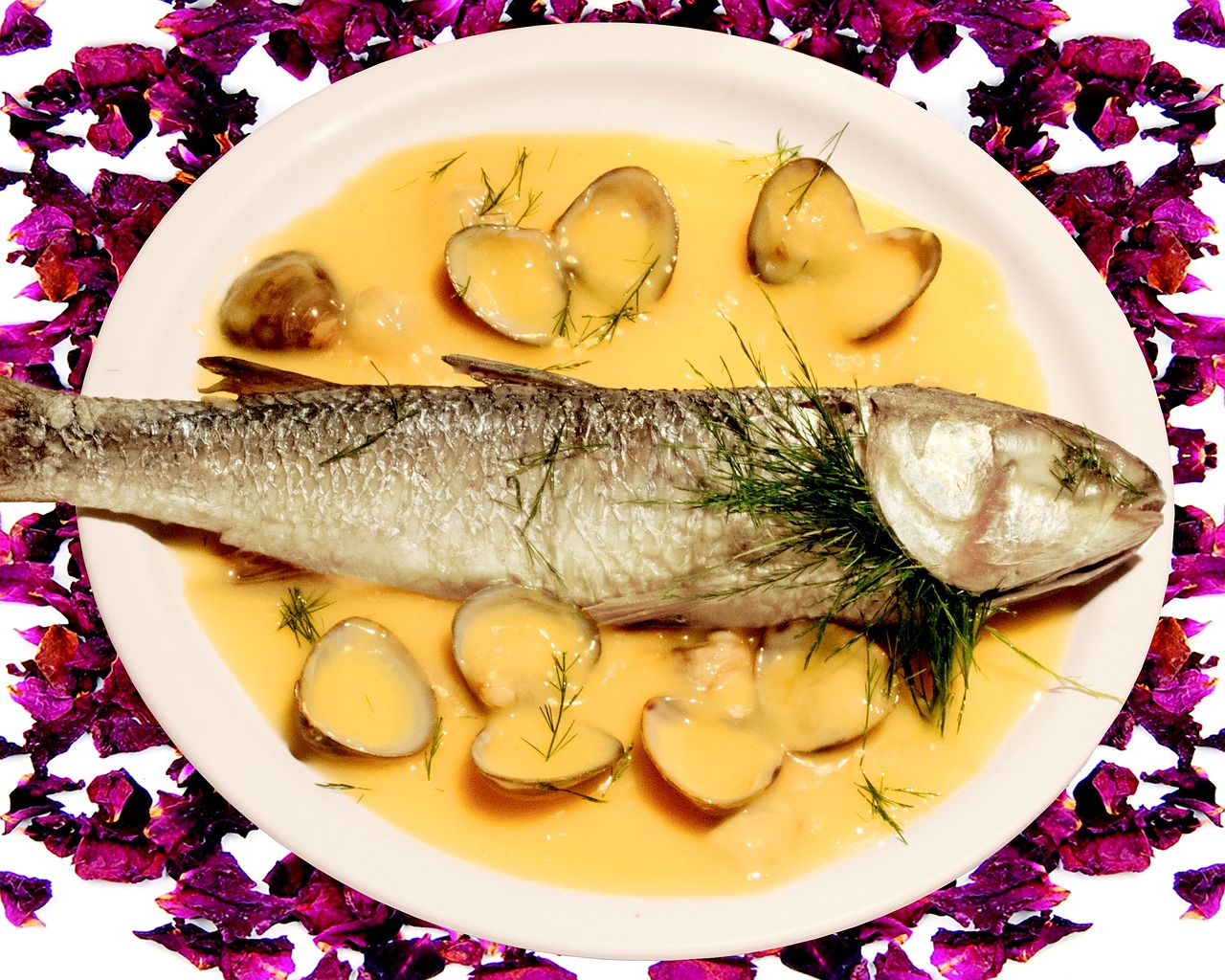Market Analysis of Specialty Meat Products: 11xplay reddy login password, Diamondexch9 id, Skyexchange id
11xplay reddy login password, diamondexch9 id, skyexchange id: Specialty meat products have been gaining popularity in the market as consumers become more interested in exploring unique and high-quality options for their meals. From gourmet sausages to aged steaks, the specialty meat industry is thriving, offering a wide range of products to cater to different tastes and preferences.
Market Trends and Growth Opportunities
The specialty meat products market has been experiencing steady growth in recent years, driven by increasing consumer demand for premium and unique meat options. According to a report by Grand View Research, the global specialty meat products market is expected to reach $143.5 billion by 2027, growing at a CAGR of 8.6% from 2020 to 2027.
One of the key factors driving this growth is the rising popularity of specialty diets, such as keto, paleo, and Mediterranean diets, which emphasize the consumption of high-quality meats. Consumers are willing to pay a premium for specialty meat products that are free from additives, hormones, and antibiotics, and are sourced from sustainable and ethical sources.
Another trend fueling the growth of the specialty meat products market is the increasing interest in unique and exotic meats, such as bison, ostrich, and wild boar. These meats offer a different flavor profile and nutritional benefits compared to traditional meats like beef and chicken, appealing to adventurous consumers looking to try something new.
Key Players and Market Segmentation
The specialty meat products market is highly fragmented, with a large number of players ranging from small artisanal producers to large multinational corporations. Some of the key players in the market include Cargill, Tyson Foods, JBS, Hormel Foods, and Smithfield Foods.
The market can be segmented based on product type, distribution channel, and region. Product types include specialty sausages, gourmet steaks, cured meats, and exotic meats, among others. Distribution channels for specialty meat products include supermarkets, specialty stores, online retailers, and foodservice providers.
Regional Analysis
North America is the largest market for specialty meat products, driven by the high consumption of meat products and the increasing demand for premium and gourmet options. Europe is another key market for specialty meat products, with countries like Germany, France, and Italy known for their rich culinary traditions and high-quality meat products.
Asia Pacific is a rapidly growing market for specialty meat products, fueled by increasing disposable income, urbanization, and changing consumer preferences. Countries like China, Japan, and South Korea are experiencing a growing demand for premium and exotic meat options, presenting significant growth opportunities for market players.
Challenges and Opportunities
Despite the promising growth prospects, the specialty meat products market faces several challenges, including rising competition, regulatory hurdles, and supply chain disruptions. Market players need to differentiate themselves by focusing on product innovation, quality assurance, and sustainability practices to stay ahead in the market.
There are also significant opportunities for market players to expand their product offerings, target new consumer segments, and explore international markets. With the increasing emphasis on health and wellness, sustainability, and ethical sourcing, there is a growing demand for specialty meat products that meet these criteria, presenting opportunities for market players to capture market share and drive growth.
FAQs
1. What are specialty meat products?
Specialty meat products are high-quality, gourmet, and unique meat options that cater to consumers looking for premium and distinctive flavors and textures in their meals.
2. Where can I buy specialty meat products?
You can find specialty meat products at supermarkets, specialty stores, online retailers, and foodservice providers. Many artisanal producers also sell their products directly to consumers through their websites or farmers’ markets.
3. What are some popular types of specialty meat products?
Some popular types of specialty meat products include gourmet sausages, aged steaks, cured meats, exotic meats like bison, ostrich, and wild boar, and organic and grass-fed meats.
4. Are specialty meat products more expensive than regular meat products?
Yes, specialty meat products are typically more expensive than regular meat products due to their higher quality, unique sourcing, and production methods. Consumers are willing to pay a premium for the superior taste and nutritional benefits offered by specialty meats.
5. Are specialty meat products healthier than regular meat products?
Specialty meat products are often perceived as healthier than regular meat products due to their natural and sustainable sourcing, free-from additives, hormones, and antibiotics. However, it is essential to read the product labels and understand the nutritional content to make informed choices about your meat consumption.
In conclusion, the specialty meat products market is witnessing significant growth and opportunities as consumers seek premium, unique, and high-quality meat options for their meals. Market players need to focus on product innovation, quality assurance, and sustainability practices to meet consumer demands and stay competitive in the market. With the rising interest in specialty diets, exotic meats, and ethical sourcing, the future looks promising for the specialty meat industry.







